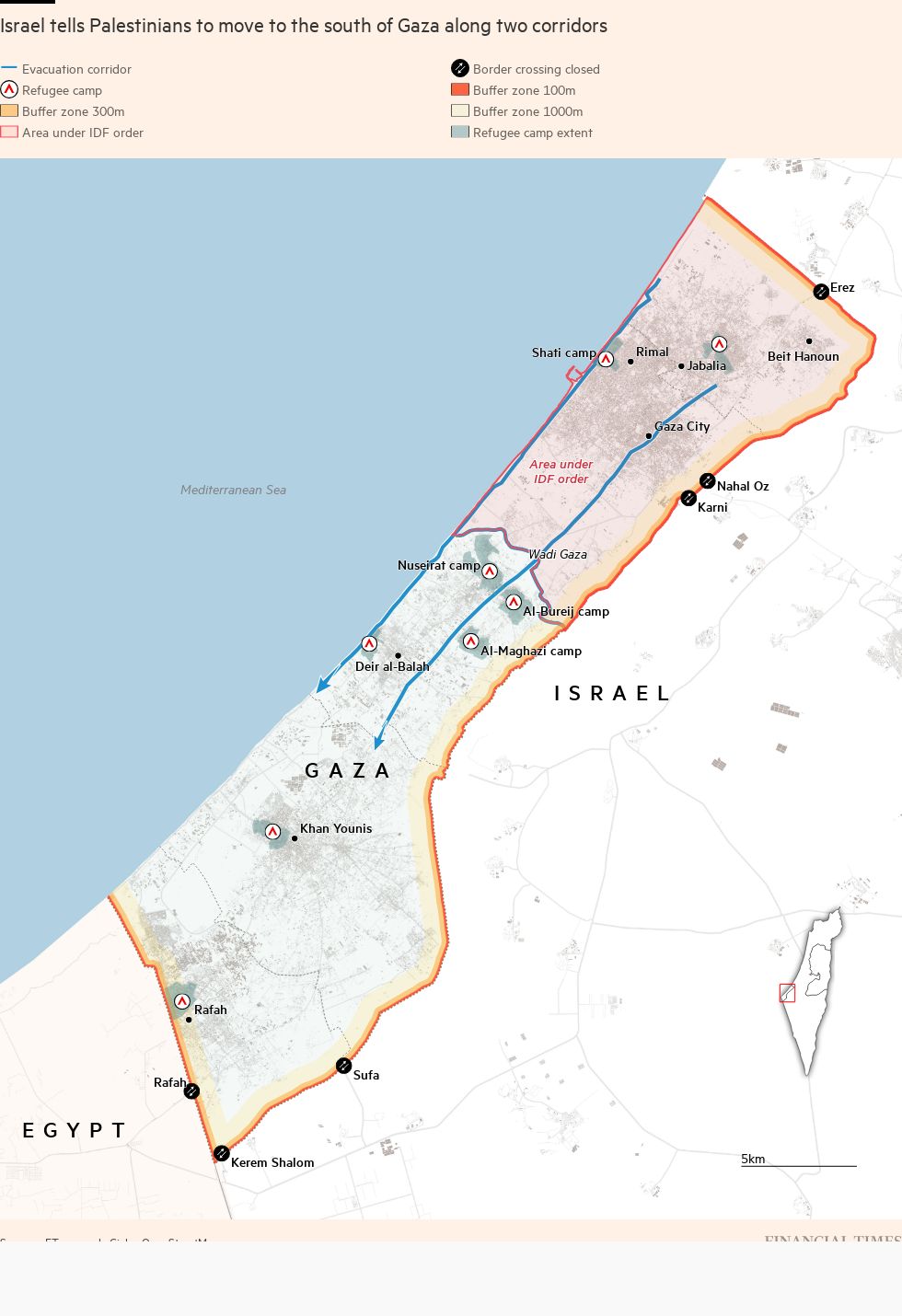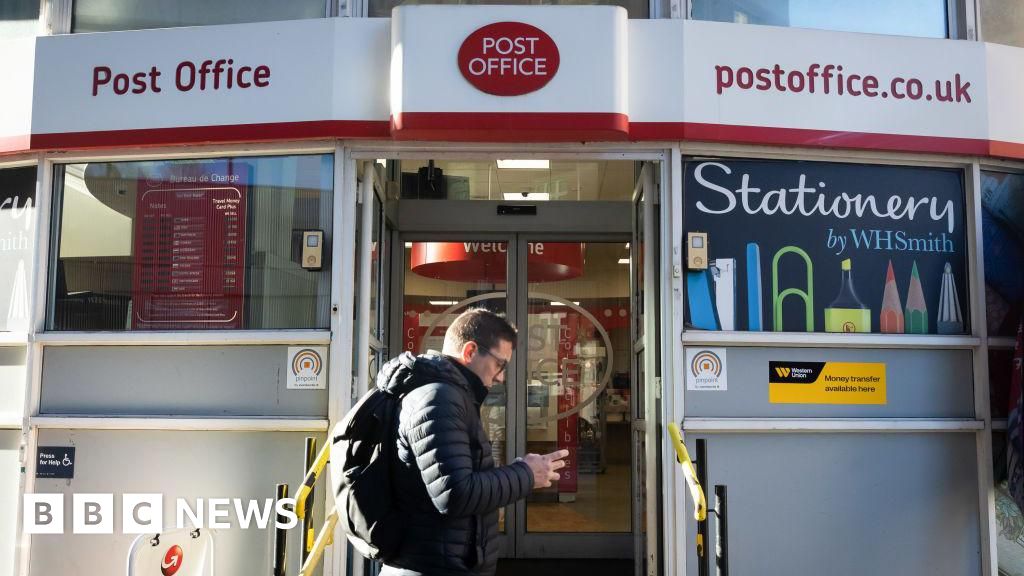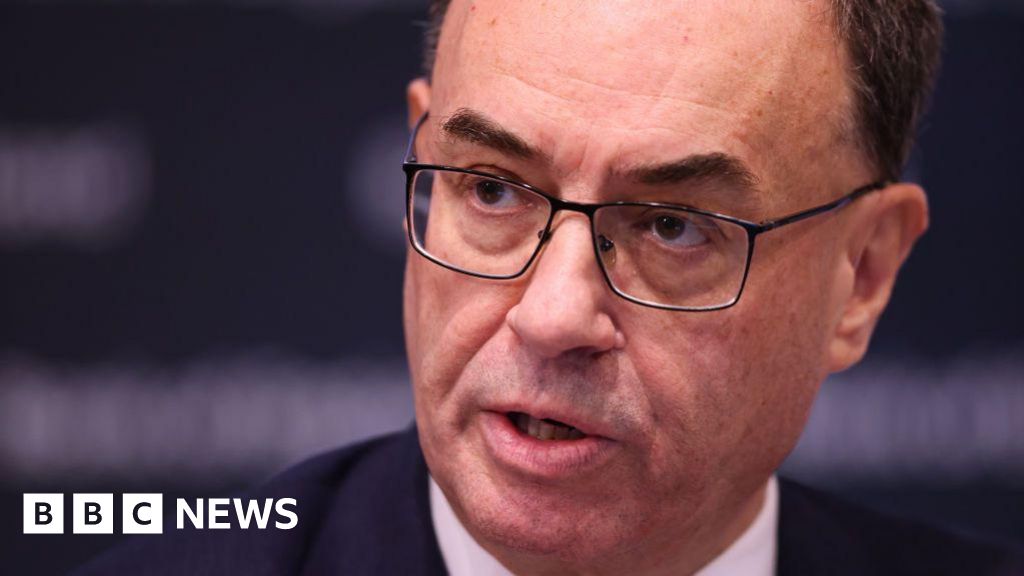President Joe Biden plans to visit Israel on Wednesday to show solidarity and try to influence the conduct of its war against Hamas, the US has said.
US secretary of state Antony Blinken, speaking from Tel Aviv, said Biden would be “coming here at a critical moment for Israel, for the region and the world”.
Biden would reaffirm the US’s “solidarity with Israel and our ironclad commitment to its security”, Blinken said after meetings with senior Israeli leaders.
The US president would make clear that Israel has the right “and indeed the duty to defend its people from Hamas and other terrorists and to prevent future attacks”, Blinken said.
The announcement of the trip to Israel came as a US-led effort to allow humanitarian aid into the Gaza Strip faltered on Monday, amid what the UN has described as a mounting humanitarian crisis.
The US and regional powers are pushing Israel to allow aid into Gaza and Egypt to open the Rafah crossing between its territory and the south of the bombarded enclave for other countries’ passport holders.
They are also seeking to contain hostilities, amid fears that the war between Israel and Hamas could trigger a broader regional conflict.
John Kirby, the US National Security Council spokesperson, on Monday said that after visiting Israel Biden would travel to Amman to meet the leaders of Jordan and Egypt, and would also meet Mahmoud Abbas, the president of the Palestinian Authority, during his one-day trip to the region.
In a sign of the tensions, Iran’s foreign minister on Monday evening warned that Islamist militants it backs could resort to “pre-emptive” attacks against Israel in “the coming hours”.
“The leaders of resistance groups will not allow the Zionist regime to act in any way it likes in Gaza,” Hossein Amirabdollahian told state television. Lebanon’s Hizbollah, Iran’s main proxy force in the region, had “all options and scenarios” on the table, he added.
Biden has previously warned Tehran not to escalate the war, and deployed two aircraft carrier strike groups to the region to deter Iran and Hizbollah.
Officials in Washington estimate 500 to 600 US nationals remain trapped in Gaza. Pressure is also growing to free hostages held in the enclave, who include Americans and other foreign nationals.
Khaled Meshaal, a former Hamas leader, said the group was holding 200-250 captives. Abu Obaida, a Hamas spokesperson, said these included “captives from different nationalities . . . These are guests and we will strive to protect them. As soon as field conditions allow we will release them.”
Hamas on Monday released its first video of a hostage, a 21-year-old Israeli-French woman called Mia Shem, who said her captors had operated on her injured arm but asked to be returned to her family “as quickly as possible”.
The border remained blocked on Monday as the enclave endured its fifth consecutive day without electricity, with Israel also cutting off water and fuel supplies.
“Until now, unfortunately, the Israeli government hasn’t taken a stance that allows the opening of the border crossing from the Gaza side to allow the entry of aid or the exit of third-country citizens,” Sameh Shoukry, Egypt’s foreign minister, told a press conference.
Hundreds of dual nationals waited by the locked crossing for several hours on Monday but many had left by the afternoon, losing hope that it would open.
“I have been coming here every day for three days and I wait and nothing happens,” said Rasmeya Ahmed, a dual Palestinian-Jordanian national. “The road is dangerous and there are no cars. We are being exposed to danger in order to leave. This is unjust. There has to be a truce.”
In Jerusalem, members of the Knesset, Israel’s parliament, took shelter when sirens warned of a rocket attack. Benjamin Netanyahu, Israel’s prime minister, told the chamber he was seeking a “crushing victory” over Hamas, but warned that “victory will take time”.
Returning to the country after visiting Egypt and the Gulf states, Blinken said the shared international priority was “to prevent the conflict from spreading, to safeguard innocent lives and to get assistance to those in Gaza who need it”.
But the two countries with control over access to the enclave remained at loggerheads.
Egypt said it would allow humanitarian aid into Gaza but insisted it would only permit people with dual citizenship into its territory. By contrast, some foreign officials said Israel was prepared to let people leave Gaza for Egypt, but was resisting the entry of humanitarian aid.

“The parties can’t reach a political agreement,” one diplomat said. “Egypt doesn’t want [Palestinian refugees] and Israel is pushing to get into Gaza [for a ground invasion].”
Martin Griffiths, the UN’s humanitarian chief, told the Financial Times that the international body was calling for “safe corridors for aid to get in and safe corridors for people to go places where they can get aid”.
He added: “What Egypt is very, very clear about . . . is that they will not allow Palestinians from Gaza into Egypt because they fear for a great influx, which they will then have to take responsibility for, for an indefinite period.”
Israel and Hamas denied reports that a temporary ceasefire had been agreed to allow aid into the enclave. Egyptian media said late on Monday that Israel had carried out an air strike on the Gaza side of the Rafah crossing.
Israel has subjected Gaza to intense bombardment since Hamas militants launched a devastating assault on its territory on October 7. The Israeli military has said the attack killed more than 1,400 people, and added on Monday that 199 — more than previously thought — had been taken hostage.
Palestinian health officials said Israel’s bombardment had killed 2,750 people, surpassing the number of casualties recorded during the 50-day Israel-Gaza war of 2014.
Israel has also ordered almost half of Gaza’s 2.3mn population to leave the north of the strip ahead of an expected ground invasion. The UN said 600,000 people in Gaza have fled to the south and were “in increasingly dire conditions”.
Hizbollah, the Iran-backed militia in southern Lebanon, and Israeli forces have meanwhile repeatedly exchanged fire across the border in recent days, while there has also been a surge of violence in the occupied West Bank.
Additional reporting by Neri Zilber, James Politi, Samer Al-Atrush and Heba Saleh
Credit: Source link












